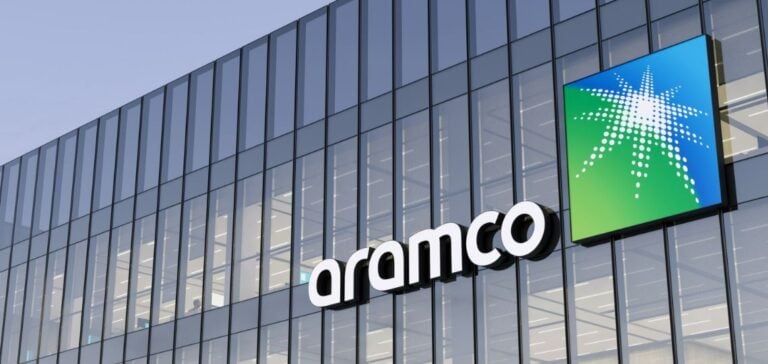The cost of using a drilling rig to explore for oil and natural gas in the Middle East has bottomed out after falling by almost 20% since the end of 2023. This decrease follows Saudi Aramco’s cancellation of its plan to increase oil production capacity in January. In April and May, the average rate for a self-elevating rig capable of drilling in 361-400 feet of water is $120,000/day, the lowest since July 2023.
Impact on rental rates and the market
Pamela Cordova, Senior Analyst at Petrodata Rigs in London, estimates that rental rates in the Middle East will be between $110,000 and $140,000/day by the end of the year. Despite this downturn, the market remains solid, with contractual utilization stable at 93%. Energy service companies in Saudi Arabia are reducing rig utilization after Aramco cancelled a 1 million barrel per day capacity increase.
Effects on suppliers and contracts
Aramco’s cancellation of projects has repercussions for drilling rig suppliers. Several contracts were cancelled, as Aramco reallocated resources to natural gas development projects. Aramco is maintaining its current capacity of 12 million barrels per day, despite the cancellation of the Safaniya and Manifa offshore projects. ARO Drilling receives a suspension notice for one of its 19 platforms contracted by Aramco. ADES, another energy services company, is suspending operations on five of its platforms in Saudi Arabia for up to 12 months.
Reallocation and new contracts
ADES manages to reallocate some of its platforms elsewhere in the region. On May 26, Kuwait Oil awarded ADES six drilling contracts for upstream onshore work. ADES also signs a contract for Admarine 502 with PTTEP in Thailand, and the platform leaves Saudi Arabia to prepare for this contract. Aramco is now focusing onexpanding gas production, awarding contracts for the development of the main gas program.
Current status and future prospects
According to Petrodata Rigs, the total number of offshore drilling rigs operated by Saudi Aramco in Saudi Arabia is around 300, a figure that is expected to remain stable. Regional demand for self-elevating platforms is expected to fall to an average of 153-160 platforms over the next two years, compared with 170 estimated in January. This decrease is attributed to the cancellation of oil expansion by Aramco, although contract renewals are possible depending on the budget allocated to oil drilling in 2025 and 2026.
Analysis and future thoughts
The ability of contractors to find work for the rigs elsewhere, at higher daily rates, will influence daily rate negotiations with Aramco. Aramco’s decisions on resource reallocation and rig management will have a significant impact on the regional drilling market.
Saudi Aramco’s strategic decisions, notably the cancellation of its oil production capacity expansion, are redefining the drilling landscape in the Middle East. Although platform rental rates have fallen, the market remains robust thanks to stable contractual utilization. Drilling service providers have to adapt to these changes, reallocating resources and looking for new opportunities to maintain their business. The adjustments and reallocations underway demonstrate the sector’s resilience and flexibility in the face of unforeseen challenges.






















